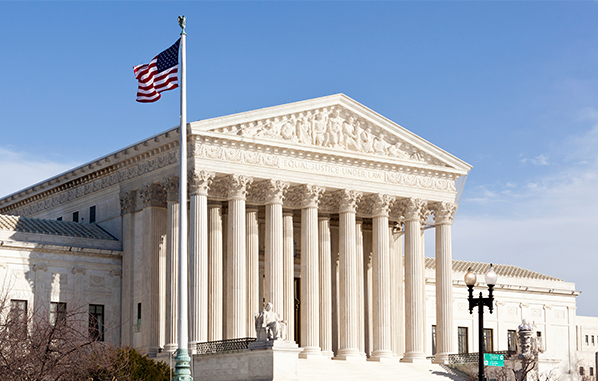This week the Supreme Court issued an opinion in Zubik v. Burwell, the latest challenge to the Affordable Care Act’s birth control mandate, remanding the issue to lower courts and instructing them to find a compromise that accommodates petitioners’ religious liberty interests while protecting women’s contraceptive coverage.
The opinion is a victory for both women and religious liberty, and proves, as petitioners and their allies have suggested all along, that compromise is possible even on this hot-button issue.
Nonprofit organizations brought this consolidated case against the federal government alleging the mandate violated their deeply held religious beliefs.
The Independent Women’s Forum, along with the Cato Institute, filed an amicus brief in support of petitioners. The IWF believes that women’s access to preventive healthcare is a laudable goal. But it would be a mistake to paint this case as a clear-cut conflict between women and religious employers; indeed, many of the petitioners, including a group of nuns, the Little Sisters of the Poor, are women.
Even before this case was filed, the government acknowledged that the mandate would raise religious liberty concerns. That’s why it provided an exemption for houses of worship and a different “accommodation” for other religious nonprofits. But this second-best accommodation still required these groups to be complicit in providing the objectionable coverage.
When the Supreme Court ruled against the government in Hobby Lobby v. Burwell, a similar case, the court pointed to the bipartisan Religious Freedom Restoration Act signed by President Bill Clinton, which requires the government to use the “least restrictive means” to pursue its interests. In other words, the court asked: “Is there a better way” to foster access to contraception without burdening religious liberty? Because the majority in Hobby Lobby answered “yes,” Hobby Lobby won.
This question "is there a better way?" has clearly been on the justices’ minds in Zubik v. Burwell. The court signaled as much when, in an unprecedented move, it asked parties to submit supplemental briefs describing what a better way might be.
The administration has unfairly attempted to paint opponents to the mandate as aggressors in what it's calling a “war on women,” in an effort to fuel the culture wars and drum up political support among women.
Hardly. The truth is that these nonprofits have expressed narrow concerns. They do not oppose access to contraception or their employees using it. They simply ask that the government not force them to participate in providing coverage that violates their religious beliefs. In their supplemental briefs, they described compromise solutions that would allow access to the objectionable coverage without their involvement.
Meanwhile, the Obama administration time and again has been inflexible on this issue and has revealed its own ignorance on matters of religious conscience.
When the government attempts to determine which organizations are sufficiently religious to merit an exemption, while others get only a meaningless “accommodation,” the result is laughable and sad. The Little Sisters, Catholic nuns who minister to the elderly and dying, are not religious enough?
For the government, this fight is clearly about power and control, not about finding a workable solution that suits both religious employers and female workers.
But now it seems the government will have to do so. The Supreme Court’s opinion requires as much; it directs the parties to work out an approach that will accommodate petitioners’ religious exercise. This is all that the petitioners asked for, and importantly, women’s access to contraceptive coverage will not be significantly changed. In short, the Zubik decision is a win for both women and religious liberty, and demonstrates that, politics aside, compromise really was possible all along.


